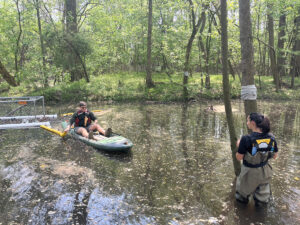News
EMC pushing for statewide water-quality standard
Posted on March 17th, 2022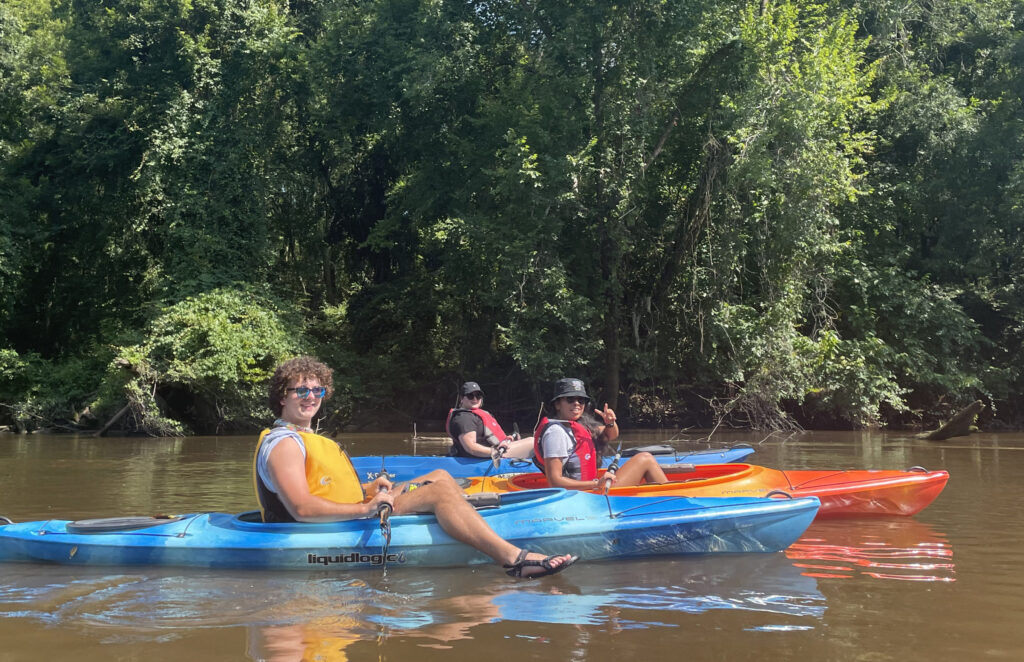
North Carolina is finally changing the way it tests for fecal bacteria contamination in recreational waters.
Last week, the North Carolina Environmental Management Commission pressed the North Carolina Division of Water Resources to make a plan to adopt a statewide E. coli standard by the end of 2023, a move Riverkeepers have been pushing for since last year’s Triennial Review by the North Carolina Department of Environmental Quality. Every three years, states are required to update the standards they use to determine if surface and ground waters are healthy, and protect public health.
North Carolina is one of only four U.S. states that have not updated the testing standard from fecal coliform to E. coli, which the EPA began recommending in 1986. The standards are both used to gauge the safety of waterways used for swimming, diving and other activities, but fecal coliform testing standards are considered less accurate.
After the 2021 Triennial Review, NCDEQ initially recommended 19 of North Carolina’s counties — all in the western part of the state — switch to testing for E. coli. Riverkeepers across the state made it clear during the Triennial Review’s public comment period that a statewide standard is necessary to protect public health statewide.
Sound Rivers has been working toward a statewide E. coli standard for several years.
“It is well past time for North Carolina to use the best available science to inform our water quality standards and move to a statewide E. coli standard,” said Pamlico-Tar Riverkeeper Jill Howell. “It is frustrating that DEQ has continued to slow walk the implementation of this and again failed to recommend its inclusion statewide during the 2021 Triennial Review. We are, however, glad to see the EMC pushing DEQ and hope that this will result in a statewide E.coli standard well before the next Triennial Review.”
Sound Rivers already uses the E. coli standard for testing in its popular, summer-long water-quality monitoring program, Swim Guide. Where NCDEQ Division of Water Resources only tests sites in Class B-designated waters for fecal contamination, Sound Rivers extends its E. coli testing to popular recreational sites in Class C-designated waters along the Neuse and Tar-Pamlico rivers. The difference between the two is Class B waters are those where people swim, ski, dive, or have any other kind of full-body contact with the water, and Class C waters are where any contact between a human and water would be “infrequent” or “incidental,” so are not tested by the state for contamination. Class B waters are meant to be protected at higher levels from bacteria pollution, and the state has the ability to require towns, industries and other entities to do even more to reduce their bacteria pollution.
Many people swim, ski, dive and more on the Tar River, and west of Washington (upstream of Yankee Hall), the river is designated Class C, which provides lower health protections. This points to another, future need: NCDEQ reevaluating its water classifications and protecting all areas where people are using the water for recreational purposes.
Read what the 2021 Swim Guide Report says about the health of your waters here.
Related News
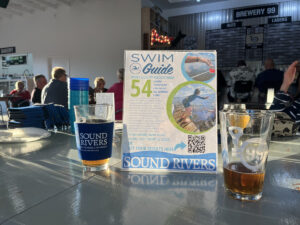
Swim Guide gearing up for a seventh season
April 11th 2024
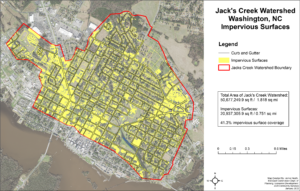
Feedback needed for Jack’s Creek plans, projects
April 11th 2024

Pamlico-Tar Riverkeeper talks water quality
April 11th 2024
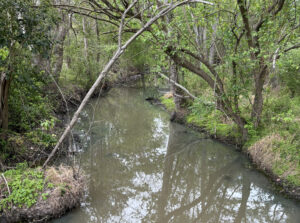
Pamlico-Tar Riverkeeper investigates Maple Branch turbidity
April 11th 2024

New cistern project on go
April 11th 2024

April Match in full swing!
April 4th 2024
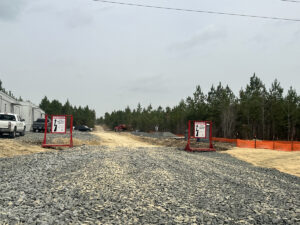
Pre-construction, muddied waters already an issue at Energy Center
April 4th 2024
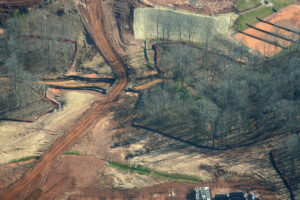
Riverkeepers request changes to state permit
April 4th 2024
